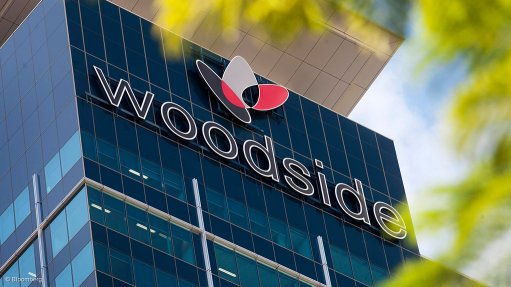
Photo by: Bloomberg
PERTH (miningweekly.com) – The development of the Browse liquefied natural gas (LNG) project, planned for offshore Western Australia, has been suspended, owing to the current economic environment.
Australian oil and gas major Woodside and its joint venture (JV) partners on Wednesday announced the decision not to progress with the development of Browse after recently completing the front-end engineering and design (FEED) work.
Woodside CEO Peter Coleman said that since the FEED entry, Woodside had been focused on delivering targeted cost savings and value enhancements, and while significant progress had been made to improve the project value, this had been offset by the challenging external environment.
Coleman said that the decision not to proceed with the development of Browse at this stage, represented a disciplined approach to large-scale capital investment and was consistent with the company’s requirements for a development concept to be commercially robust across a range of scenarios.
“Woodside remains committed to the earliest commercial development of the world-class Browse resource and to floating LNG (FLNG) as the preferred solution, but the economic environment is not supportive of a major LNG investment at this time.
“Accordingly, we will use the additional time to pursue further capital efficiencies for Browse.”
Woodside and the JV partners would now prepare a new work programme and budget to progress development activities at Browse, with Coleman saying that the company would leverage the high-quality work delivered to date to agree key principles for domestic gas supply and supply chain arrangements, and to manage maritime boundary changes.
The Browse FLNG development concept was based on three FLNG facilities using project partner Shell’s technology and Woodside’s offshore development expertise to commercialise the Brecknock, Calliance and Torosa fields, which have contingent resources of 15.4-trillion cubic feet of dry gas and 453-million barrels of condensate.